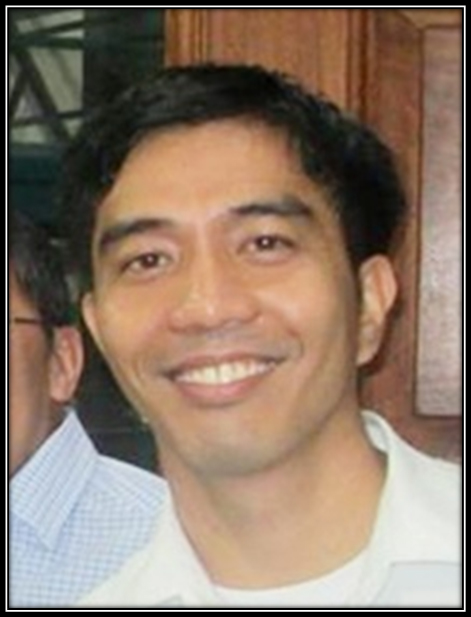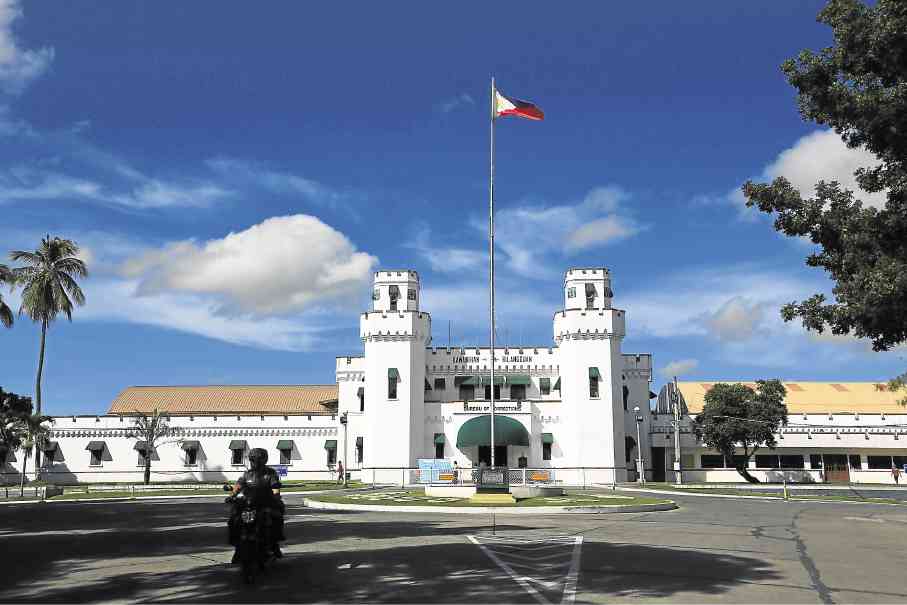Chased by God’s Love
A Reflection on My Prison Ministry
By Louie Q. Ybañez
Louie Ybañez is a Columban student from Cagayan de Oro City, Philippines. He is presently studying Theology at the Loyola School of Theology, Ateneo de Manila compound, Quezon City.
 As part of our formation program, I go to the New Bilibid Prison in Muntinlupa under the Philippine Jesuit Prison Service for my pastoral ministry every Saturday. We usually start our day at the Reception and Diagnostic Center where we give values formation classes to new inmates considered as juvenile offenders. We facilitate this class through a group reflection on the gospel. Then we proceed to the Medium Security Compound to do some counselling with inmates who have long been held in prison or visit the inmates who, for a long time have not been visited by their families.
As part of our formation program, I go to the New Bilibid Prison in Muntinlupa under the Philippine Jesuit Prison Service for my pastoral ministry every Saturday. We usually start our day at the Reception and Diagnostic Center where we give values formation classes to new inmates considered as juvenile offenders. We facilitate this class through a group reflection on the gospel. Then we proceed to the Medium Security Compound to do some counselling with inmates who have long been held in prison or visit the inmates who, for a long time have not been visited by their families.
I was hesitant when I first learned about the ministry assigned to me. Maybe because I didn’t know then how to deal with persons subjected to different stereotypes that come along with being law offenders. At the start I had some fears. Much of these fears came from being unable to respond to the complex situations the inmates had to deal with; from the anguish of separation from their families, to the continued struggle to renew their lives in the midst of the harsh realities of community life inside, and even to needs as basic as food and personal necessities. It was these situations that I have to grapple with.
Along many of their stories echoed regret over the wrong choices they made and the hope of being given the chance to renew their lives again with the anticipation that they will be reunited with their love ones once again. There were also stories of anger and injustice; with many of them claiming to be falsely accused of the crimes they are charged with. Whatever their prevailing circumstances, I felt that they need two things from me, understanding and that I don’t judge them.
In many occasions, I got frustrated over hearing that someone from the class was given punishment called Bartolina which is a month or more of isolation in a tight cell over a violent fight when a week before that he shared about his great plans for himself and the change that he wanted to pursue. This is no different from the human condition outside. We, in many instances, fall short from the very good we want to follow. Every time I go there, I feel sad about the helplessness of their situation. I could only encourage them to gain back their faith in God. How? I myself don’t even know the answer. I just recognise that somehow I need to be fully present with them when I am there.

Louie with Columban seminarians from Fiji (L-R): Iowane Naio, Kusitino Saro, Louie, Meli Farasiko, Antonio Seeto and Remisio Domodomolagi
Louie conducts his Pastoral Ministry at the New Bilibid Prison with Kusitino.
The pace to renewal could be very slow for the inmates; for some it could be close to impossible but my faith tells me that God pursues with much intent those whom we consider menace to the society, even those whom we deem unchangeable. God whispers to them the very same words he tells each one of us, “You are mine.” Our God is a God of mercy and compassion who rejoices in the coming of his lost child. He runs towards their desperate condition to give hope. As a minister, I always find inspiration in God’s personal calling to each of the inmates to always be united with him. God never disowns them and this is the very reason that I will always find that persistent hope that the inmates, chased by God’s love, will find a renewed version of their selves and come home to feel their very identity - the one whom God loves.

The New Bilibid Prison, Muntinlupa, Philippines [Inquirer.net]